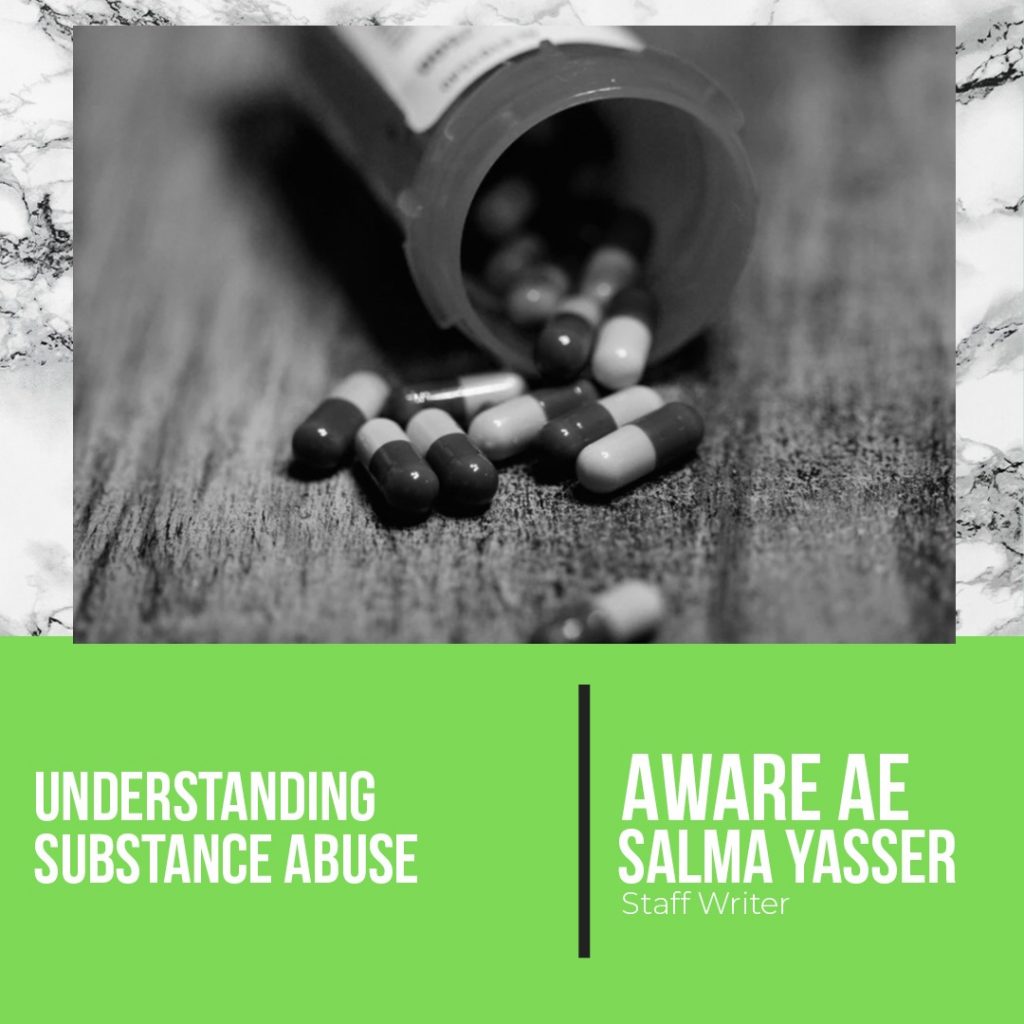Trigger warning: this article discusses substance abuse.
There is a common misconception surrounding substance abuse and how people can become addicted to these substances. They tend to believe that those who take said substances lack the basic self-control and ethics to stop and that they could easily do so if they really wanted to. However, the case is that addiction is very complicated and can even be considered a disease. Stopping would require more than just self-control. Drugs affect the brain’s chemistry to make it so that people are dependent on them and would find it highly difficult to quit even if they wanted to.
What is Drug Addiction?
Addiction is a highly persistent disease that is defined as the use of illegal drugs or the use of prescription or over-the-counter drugs for purposes other than those for which they are meant to be used – or in excessive amounts. Drug abuse may lead to social, physical, emotional, and job-related problems. According to the national cancer institute, it is common that the first time drugs are taken is usually voluntary. Despite this, it often leads to repeated use and addiction, which leads to changes in the brain that challenge a person’s ability to further resist taking the drugs. This typically leads to relapse. It is normal for addicts to go through a relapse session and even risk falling back into old habits years after being clean. Nevertheless, relapse does not mean that the person is not getting better. It simply means that they might respond better to a different form of treatment and that their treatment should probably be changed.
What happens when a person takes drugs?
Drugs affect the brain by increasing the dopamine levels to a point so high that it causes euphoria and makes a person dependent on it to be able to go about their day. The increase in dopamine levels in the brain encourages the person to repeat such behaviours. The more the person uses, the more their brain becomes tolerant to the drug – meaning that they feel a reduced effect as compared to before and would typically try taking a higher dosage of the drug to try to achieve the same feeling they used to feel. This is very dangerous and can lead to overdoses.
Can drug addiction be cured?
The answer is quite complicated and is not very direct. However, it can be managed and treated. People who are being treated from drug addiction often run the risk of relapse essentially for the rest of their lives. Research shows that a healthy mixture of different forms of therapy and medicines gives the patients the best chance for success. However, the good news is that substance abuse is preventable and that is why psychologists are working with different public campaigns and different initiatives being started up.
